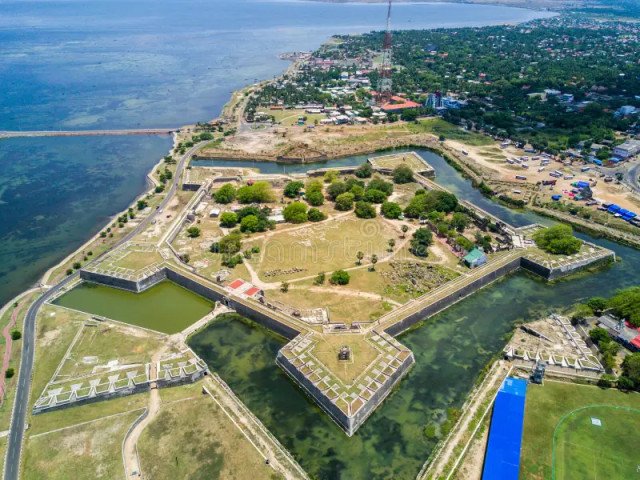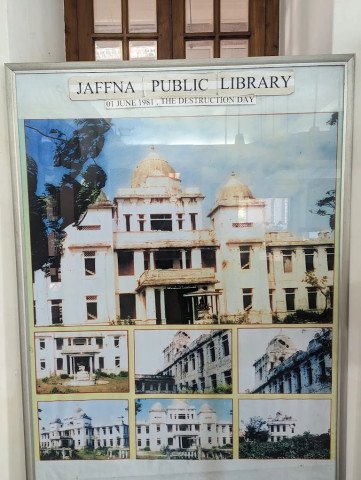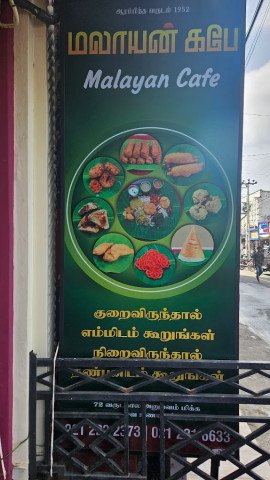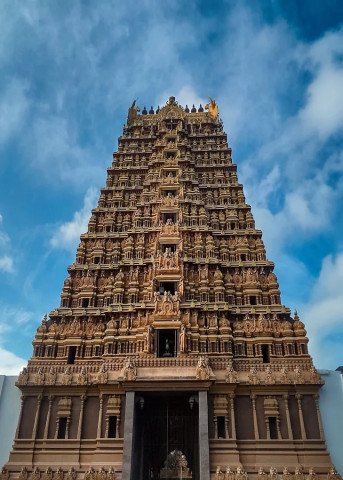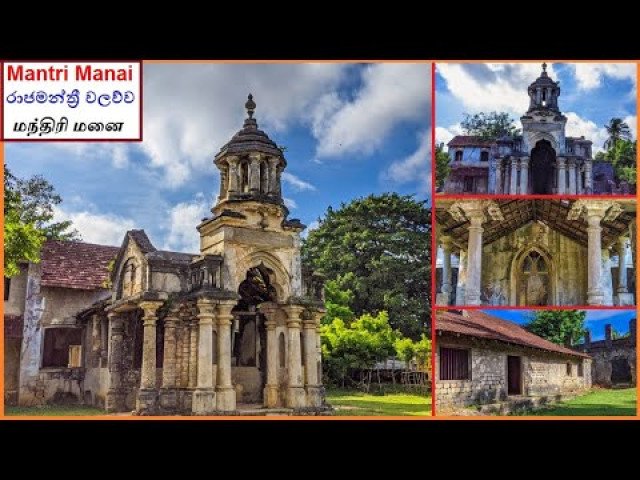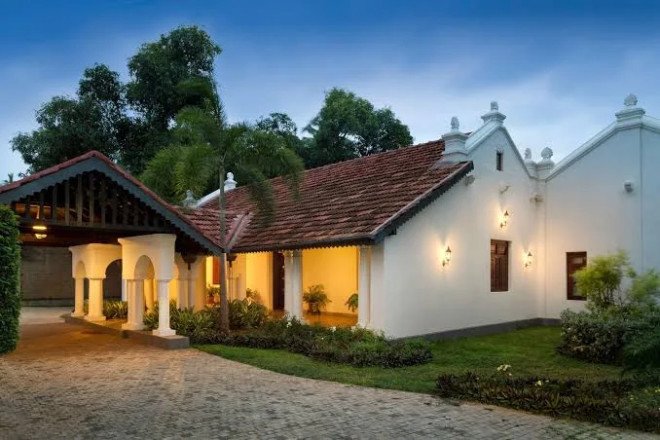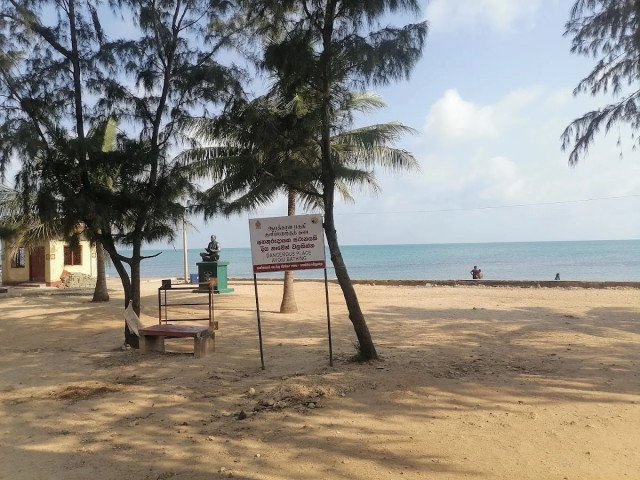Jaffna Fort, Jaffna, Northern Province, 40000
Listing Owner
Listing Description :
When travelers think of Sri Lanka, the mind often wanders to the lush tea hills of Ella or the sunny beaches of Mirissa. But venture north, and you’ll find Jaffna. After years of being off the typical tourist trail, Jaffna is now open, inviting, and ready to enchant travelers with its unique food, colorful temples, remote islands, and rich traditions.
Why to make a Visit to Jaffna?
In Jaffna, you’ll find a strong Tamil identity expressed through language, food, festivals, and temples. It feels distinctly different from the south of Sri Lanka — a deep cultural dive for the curious traveler. The Nallur Kandaswamy Kovil is an absolute must-visit, with its towering gopuram (gateway tower) and mesmerizing daily rituals.
Jaffna Fort was Built by the Portuguese in the 17th century and expanded by the Dutch, the fort stands as a silent witness to centuries of history and conflict. Jaffna’s food is spicier and heartier compared to southern Sri Lankan cuisine.
Common FAQs for Travelers Visiting Jaffna
Q1: Is Jaffna safe to visit?
Yes, Jaffna is safe and welcoming. Infrastructure has improved greatly since the civil war ended in 2009.
Q2: How do you get to Jaffna?
You can take a scenic train from Colombo (around 7–8 hours) or a quick domestic flight to Jaffna’s Palaly Airport. Buses and private taxis are also available.
Q3: What is the best time to visit Jaffna?
The best months are from January to August when it is dry and sunny. It is best to avoid October to December due to the northeast monsoon season.
Q4: What should I wear when visiting temples?
Wear modest clothing. Shoulders and knees should be covered, and shoes must be removed before entering Hindu temples.
Q5: Is English widely spoken?
Tamil is the main language in Jaffna, but basic English is understood in hotels, guesthouses, and popular tourist spots.
Q6: How many days should I spend in Jaffna?
Ideally, spending three days in Jaffna allows you to explore the city, take island trips, and enjoy the relaxed pace.
Q7: Are there good accommodations in Jaffna?
Yes. You will find options ranging from cozy guesthouses to stylish hotels such as Jetwing Jaffna and boutique stays.
Q8: Can I easily find vegetarian or vegan food?
Absolutely. Many traditional Tamil dishes are naturally vegetarian, offering a wide range of delicious options.
Q9: What is the main religion in Jaffna?
The majority religion in Jaffna is Hinduism, but you will also find Christian, Muslim, and Buddhist communities.
Q10: Are there ATMs and card facilities available in Jaffna?
Yes, ATMs are available in Jaffna town. However, cash is preferred in small shops, markets, and local transport, so it is a good idea to carry enough Sri Lankan rupees.
Q11: Is Jaffna expensive compared to Colombo or southern Sri Lanka?
No, Jaffna is generally more affordable. Accommodation, food, and transport costs are often lower than in the more touristy parts of Sri Lanka.
Q12: What local dishes should I try in Jaffna?
Do not miss Jaffna Crab Curry, Kool (a traditional seafood stew), dosas, idiyappam (string hoppers), and palmyra-based sweets like Odiyal Kool.
Q13: Are there any cultural etiquette tips I should know?
Dress modestly, particularly when visiting temples. Avoid public displays of affection, remove shoes when entering someone’s home or a temple, and always ask before taking photos of people.
Q14: Can I rent a bicycle or scooter in Jaffna?
Yes, bicycle and scooter rentals are available and offer a great way to explore the town and nearby villages at your own pace.
Q15: What are the best islands to visit near Jaffna?
Delft Island (for wild horses and colonial ruins), Nainativu (for the Nagadeepa Temple and Nagapooshani Amman Temple), and Kayts Island are among the most popular.
Q16: What kind of souvenirs can I buy in Jaffna?
You can buy palmyra products (baskets, mats), local spices, handicrafts, traditional Jaffna sarees, and dried seafood.
Q17: Are guided tours available in Jaffna?
Yes, you can find local guides offering city tours, historical walks, and island hopping trips. Some hotels also arrange personalized tours.
Q18: Is photography allowed at temples and religious sites?
Photography is allowed outside most temples, but it is often restricted inside. Always check for signs or ask permission before taking photos.
Q19: How developed is public transport in Jaffna?
Public buses connect most towns and villages, and tuk-tuks are a popular way to get around locally. However, services can be less frequent compared to Colombo or Kandy.
Q20: What is the internet and mobile network coverage like in Jaffna?
Most hotels and cafes offer Wi-Fi, and mobile network coverage is generally good. Dialog, Mobitel, and Airtel are popular service providers with good reception.





